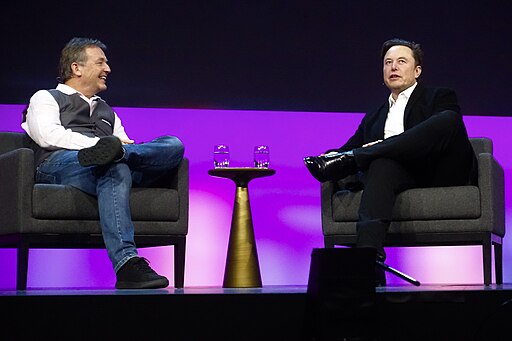
Missouri v. Biden, a lawsuit filed by the attorneys general of Missouri and Louisiana, cites a previous action (Biden v. Knight First Amendment Institute at Columbia Univ.) to this effect:
“A private entity violates the First Amendment ‘if the government coerces or induces it to take action the government itself would not be permitted to do, such as censor expression of a lawful viewpoint.”
The plaintiffs say “That is exactly what has occurred over the past several years, beginning with express and implied threats from government officials and culminating in the Biden Administration’s open and explicit censorship programs.”
The suit was filed in May, but is only now proceeding to its deposition and discovery phases. Among those to be deposed: Dr. Anthony Fauci, head of the National Institute of Allergy and Infectious Diseases.
The judge in the case notes that “there are compelling reasons that suggest Dr. Fauci has acted through intermediaries, and acted on behalf of others, in procuring the social-media censorship of credible scientific opinions.”
After nearly three years of stamping unjustified endorsements from “SCIENCE!” on pure, undiluted authoritarian political measures, Fauci will now have to explain himself under oath.
The “under oath” part is important, given Fauci’s recent campaign to shift responsibility for the political implementations of his own statements and actions, throwing others under the bus so as not to call into question his claim: “I represent science.”
Trofim Lysenko, head of the Soviet Union’s Lenin All-Union Academy of Agricultural Sciences, imposed a “Marxist-Leninist” line on biological research. He “represented science” in the USSR, and actual scientists who disagreed with him were censored, suppressed, even imprisoned and executed.
Fortunately, we never got to the imprisonment/execution stage with the COVID-19 pandemic. What we did get was suppression of actual science and actual scientists in support of a politically driven line on everything from masking to school closures to vaccine mandates.
From his perch atop NIAID, Fauci set himself up as, effectively, America’s Lysenko.
As the highest-paid (and among the longest tenured) employee of the federal government, he lied to us — and endorsed lies to us — about the efficacy of masking and vaccination, the advisability of school closures, and numerous other issues.
He also willfully participated in efforts to discredit, and even suppress public discussion of, actual science on the subject, as when he endorsed National Institutes of Health director Frances Collins’s call for a “devastating takedown” of the Great Barrington Declaration, in which actual scientists cited actual science on behalf of a “focused protection” strategy versus the NIAID/NIH/CDC’s rights-violating, economically damaging, non-science-supported “zero COVID” approach. That latter approach still enjoys a (thankfully dwindling) cult following and will likely slow down our return to normalcy for years to come.
Lysenko was eventually removed from his post in disgrace. Fauci hopes to retire with honors.
Hopefully Fauci’s deposition will go a long way toward shifting the stain on science’s reputation to his own reputation and those of his co-conspirators, where it belongs. Lysenkoism is too deadly to leave undiscredited.
Thomas L. Knapp (Twitter: @thomaslknapp) is director and senior news analyst at the William Lloyd Garrison Center for Libertarian Advocacy Journalism (thegarrisoncenter.org). He lives and works in north central Florida.
PUBLICATION/CITATION HISTORY


